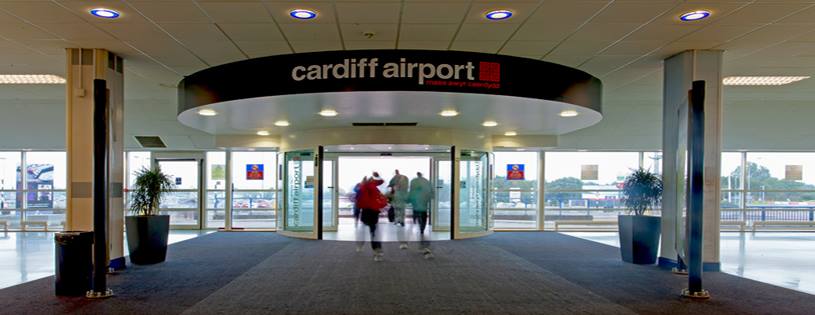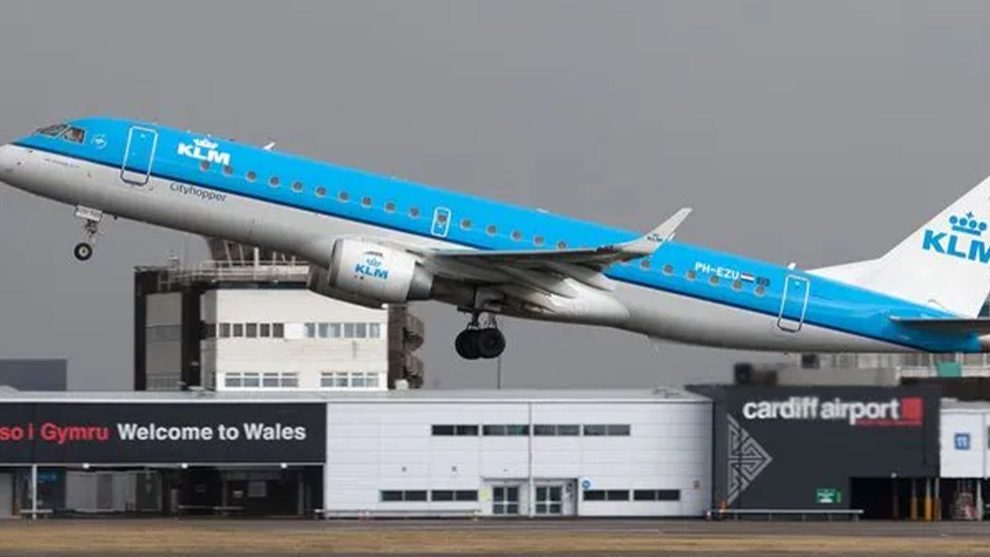CARDIFF AIRPORT’S bid for a substantial £205 million government subsidy over the next decade has ignited a fierce debate in the UK aviation sector. This funding, announced by Ken Skates, the Welsh Government’s Cabinet Secretary for Transport, aims to safeguard and potentially expand the 5,000 jobs supported by the airport, which the Welsh Government acquired for £52 million in 2013. The proposed investment would be targeted at attracting new airlines and routes, aiming to elevate passenger numbers to over two million annually and diversify the airport’s revenue streams in areas such as aviation training, sustainable aviation fuel, cargo, and maintenance.
However, Bristol Airport has voiced significant concerns, suggesting that such substantial state aid to Cardiff could create commercial imbalances. Bristol Airport, having handled a record 9.8 million passengers in 2023 compared to Cardiff’s 841,000, fears the subsidy could skew competitive dynamics. The airport argues that the investment might disadvantage it by altering the competitive landscape, potentially impacting its passenger numbers and revenue.

The dispute highlights the growing disparity in performance and strategy between the two airports. Cardiff Airport aims to reach its pre-pandemic annual passenger number of 1.6 million by 2026, focusing on a smaller number of routes, including long-haul flights to major economic centres. In contrast, Bristol Airport has thrived by targeting high-volume tourist traffic and low-cost carriers.
The Welsh Government has submitted its investment plans for Cardiff Airport to the Competition and Markets Authority (CMA), seeking to ensure compliance with the UK’s new public sector subsidy rules. The CMA’s Subsidy Advice Unit (SAU) has issued a non-binding evaluation report that calls for a more detailed assessment of potential competitive impacts. The report suggests that the Welsh Government’s analysis could better address the implications for Bristol Airport and other regional airports, which could also compete for similar activities in the future.

Several other UK airports, including Birmingham and Regional and City Airports, have echoed Bristol’s concerns about potential distortions to competition and investment. However, Gloucestershire Airport has reported no anticipated negative impacts on its operations.
The situation is further complicated by Bristol Airport’s expressed willingness to collaborate with Cardiff Airport in non-competitive areas to cut costs and lessen taxpayer expenses, though it seeks greater transparency in how Cardiff’s proposed subsidy will be allocated.
Responding to the news that Bristol Airport said it is “deeply concerned” over plans by the Welsh Government to provide over £200m in subsidy, Natasha Asghar MS, Welsh Conservative Shadow Transport Minister, said: “Investment in airports – as with any large-scale transport infrastructure – is crucial in order to ensure they are able to grow and thrive. This of course, includes large scale subsidies such as the £206 million proposed support package for Cardiff Airport.
“Whilst I do not dispute this positive injection of investment for Cardiff Airport, I do dispute where it is coming from. It remains my belief that the private sector is the right environment for this vital Welsh transport link to thrive, and that we would see much greater investment, growth and passenger take-up if the competitive free market was utilised.
“We all know that government funding is stretched. A move to the private sector would not only encourage efficiency, competition and attract greater investment and growth for Cardiff Airport, but it would free-up more taxpayer cash to spend in other areas of the budget that so desperately need help under current circumstances.”
In response to the CMA’s findings, Cabinet Secretary for the Economy, Rebecca Evans, has stated that the Welsh Government will take the necessary time to consider the CMA’s feedback before refining its proposed investment program. She promised to update the Senedd once a decision has been reached on how to proceed.
This ongoing saga underscores the challenges facing regional airports in balancing growth ambitions with fair competition, especially in a post-Brexit regulatory environment.
As Cardiff Airport strives to expand its capabilities and service offerings, the outcome of this dispute will have significant implications for regional economic development and the broader UK aviation industry.














